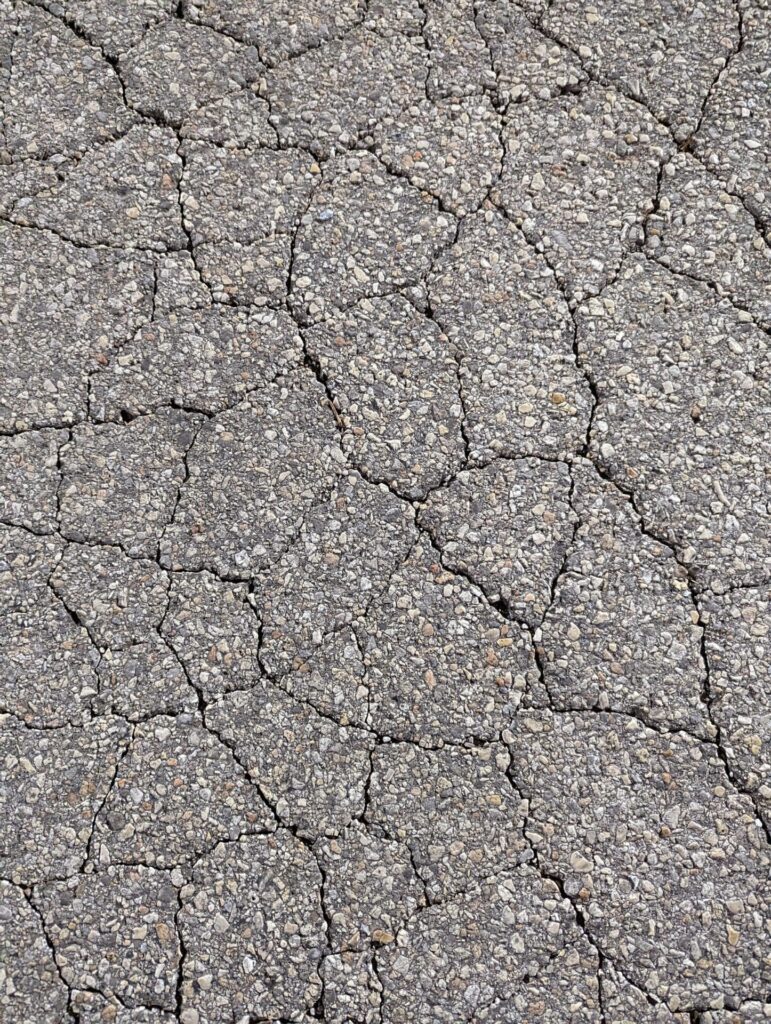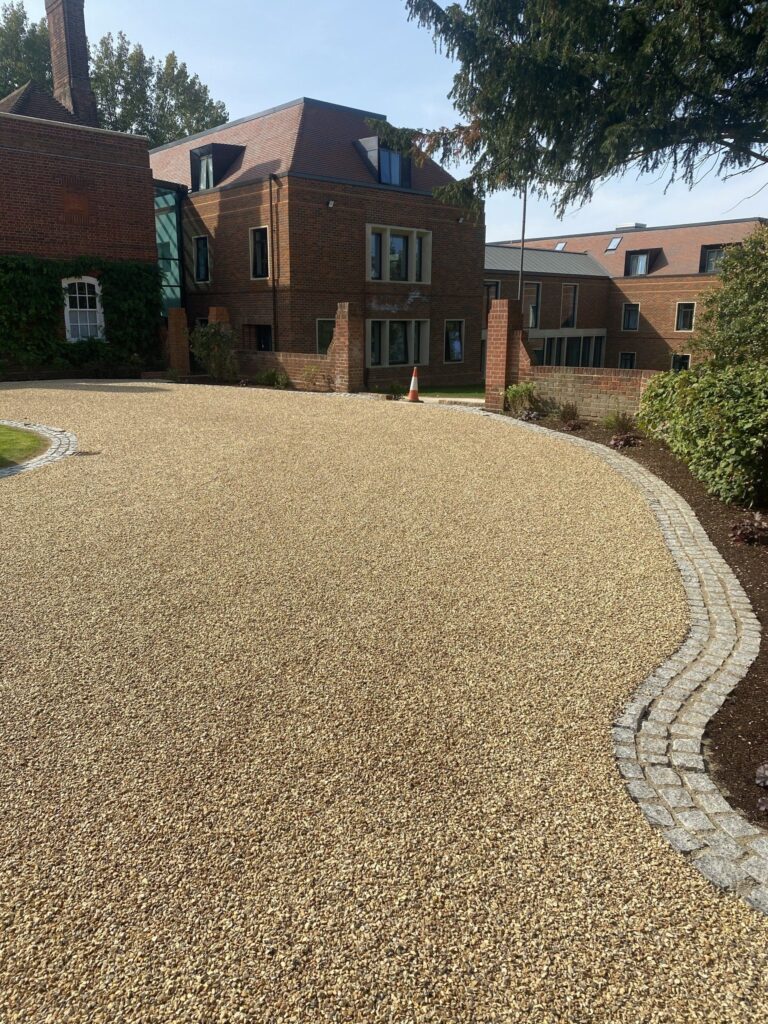Tarmac, short for tarmacadam, is a strong, long-lasting and low-maintenance road surfacing material. It offers a smooth surface that can withstand heavy loads, making it a perfect choice for domestic, commercial and industrial driveways.
The lifespan of a tarmac driveway depends on several factors, including the quality of the materials and installation, the local climate, and the level of maintenance it receives. But on average, a decent tarmac driveway can last from 15-20 years, reaching 25 years or more with proper tarmac servicing.
If you’re planning to install a tarmac driveway at your home or business premises, it helps to know what factors will affect its lifespan and how you can extend it. Here are a few things you should consider to get the best possible use from your tarmac driveway.
Using low-quality materials might help you reduce the price of installing your tarmac driveway. But it’ll cost you in the long run, as you’ll need tarmac servicing and repairs much sooner.
Make sure your road surfacing contractor only uses high-quality materials for tarmac driveway installation. These can significantly extend the life of your new driveway and save you a lot of money in tarmac maintenance over the years.
The skill and experience of your contractor also make a huge difference. Your tarmac driveway needs to have a proper base and be laid with a suitable thickness and degree of compaction to avoid faults before the 15 year mark.
When searching for a tarmac driveway contractor, be sure to choose a reputable provider with as much experience as possible. Hazell & Jefferies Ltd. has more than 50 years’ experience in road surfacing, making us a popular choice for homeowners and business managers through Oxfordshire and Berkshire. Get in touch using our online contact form and we’ll be happy to offer a quote.
In an area with moderate temperature and low levels of rainfall, your tarmac driveway can easily last 15 years or more. But climates with extreme weather, heavy rainfall and frequent freeze-thaw cycles, tarmac driveways tend to degrade much faster.
In these harsher climates, you can keep your driveway in great condition by staying on top of tarmac servicing and repairs. You can also take steps to protect your tarmac driveway from hot weather and severe cold. Certain types of tarmac are better designed to handle the local climate, so it’s helpful to discuss suitable options for your area with your road surfacing contractor.
Tarmac’s high durability makes it ideal as a driveway material. But even this powerful substance degrades over time. If your driveway endures high traffic from multiple cars or heavy commercial vehicles, be aware that you’ll need tarmac repairs and servicing much sooner.
Where possible, try to reduce the impact of heavy vehicles such as large trucks and recreational vehicles on your tarmac driveway. Also avoid leaving heavy machinery parked on your tarmac driveway for extended periods, and don’t leave sharp objects directly on the tarmac surface.
Keeping your driveway in good condition is key to making it last as long as possible. Use a pressure washer to remove debris and moss, and check for damage such as cracks and potholes. Finding out how to repair your driveway also helps you know what to watch out for.
A good way to protect your tarmac driveway is to apply a protective sealant, which can add several years to its lifespan. You’ll need to reapply this every 2-3 years. And once your driveway does start to wear out, contact a professional tarmac servicing team for maintenance and repairs.
There are several different types of tarmac that offer their own benefits and characteristics. Choosing the right one for your local climate lets you extend the lifespan of your tarmac driveway for an extra few years and save money on tarmac repairs and servicing.
The three main types of tarmac are:
Note that many people use the terms tarmac and asphalt interchangeably. While the two are similar, they’re not the same, and there are many differences between tarmac driveways and asphalt driveway that should inform your choice.
Hiring an expert road surfacing contractor with a long professional history is the best way to get a tarmac driveway that lasts for decades. That’s why homeowners and business managers across Oxfordshire and Berkshire come to Hazell & Jefferies Ltd.
As a fully accredited contractor with more than 50 years’ experience, we’re a popular and trusted choice for all sorts of domestic, commercial and industrial driveway projects. We only use high-quality materials and support you throughout your driveway’s lifespan with sealing, maintenance and repair services.
Get in touch today for a superior tarmac driveway that keeps your property looking spectacular.

